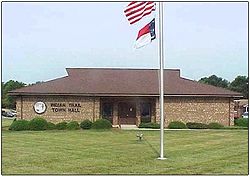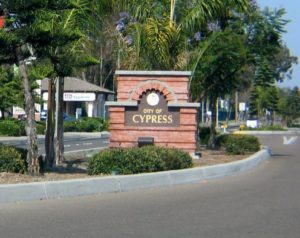Trust Administration
Trust Administration services may be needed during the Grantor’s lifetime and/or after the Grantor’s death. We are happy to assist with both types of Trust Administration services.
Trust Administration During Grantor’s Lifetime
Our team of experienced Trust Administration attorneys can assist you with Trust Administration during the lifetime of the Grantor. Examples of this type of Trust Administration may include providing legal guidance regarding matters such as:
- Trustee’s duties, administrative powers and related matters
- Advising Trustee’s regarding property accounting and recordkeeping
- Investing and managing Trust property
- Resignation, Declination, or Removal of a Trustee
- Trust Modification
- Trust Decanting
- Trust Termination
- Trust Revocation
- Trust Amendment
- Creditor’s claims
- Funding Trusts established under the terms of the Trust
- Trustee Commissions
- Trustee expenses such as attorneys’ fees, accountant’s fees and investment advisor fees
- Income taxation of Trusts
- Gift tax returns
- Generation-skipping transfer tax and estate tax returns
Trust Administration After Grantor’s Death
Trusts can simplify estate Administration by avoiding or reducing probate, providing privacy and asset protection for beneficiaries, and managing assets for the benefit of the beneficiaries.
The individual responsible for administering a Trust is the Trustee or successor Trustee. The Trustee, and their successors, are required to administer the Trust as set forth by the maker’s terms of the Trust. Since Trusts are drafted based on the Trust maker’s intent, the Trustee’s duty of administering a Trust can also differ substantially depending on the terms of the Trust, beneficiaries of the Trust, and the assets of the Trust. Trust Administration may involve services related to Trusts such as Revocable Trusts, Irrevocable Trusts, Life Insurance Trust, Charitable Trusts, Grantor Retained Annuity Trusts and other types of Trust.
The advantages of a Trust Administration over a probate proceeding include a more efficient process of distributing Trust property to the beneficiaries or funding new Trusts for the beneficiaries. Trust Administration is private nature due to no court supervision of the process unlike the probate process. Thus, typically it is a less expensive way to distribute property to beneficiaries.
Benefits of Trust Administration over probate include:
Avoidance of Probate: Assets placed in a Revocable Trust are not subject to probate. Avoiding probate can save considerable expenses, hassles, and stressful delays. Trust assets can be distributed to beneficiaries promptly. Assets in a Trust may avoid the need for appraisals if no estate tax return is due.
Assets Flexibility: A Revocable Trust is called “revocable” because it can be changed or revoked during your lifetime. If circumstances change, your Trust may be amended, revoked, or terminated.
Privacy: A Revocable Trust is confidential and not subject to disclosure to the probate court, unlike a Will which becomes a public document. A Trust’s existence, assets, terms, and beneficiaries are private among the Trustees and beneficiaries.
Control: You may manage and control Trust assets during your lifetime. Your successor Trustee manages and controls Trust assets after your death.
Directed Disposition: Your Trust terms direct the disposition of Trust assets to your beneficiaries and final beneficiaries (children, grandchildren, etc.)
Reduced Contestability: Revocable Trusts are substantially more difficult to contest than Wills. This is often a very valuable and important attribute for blended families and others to avoid costly litigation, stress, and delays.
Disability: An important advantage of a Revocable Trust is avoiding the need for court accountings and guardianships for minors and beneficiaries with disabilities. One in four Americans will experience some form of disability.
Out-of-State Properties: Titling your out-of-state real estate into your Revocable Trust can reduce estate expenses and delays by avoiding the need for an ancillary estate Administration in the state in which real property is located.
Asset Protection: A Revocable Trust can be drafted to provide asset protection for your surviving spouse, children, and other beneficiaries. Inherited assets can be protected from divorce, litigation, and other potential creditors.
Our Trust Administration Attorneys at Danica Little Law, PLLC serve clients in Charlotte, Southpark, Ballantyne, Waxhaw, Huntersville, Lake Norman, Mooresville, Concord, Gastonia, Belmont and other areas in Mecklenburg County, Union County, Cabarrus County, Iredell County, Gaston County, and in North Carolina and South Carolina.
Trust Administration Simplified ®










































